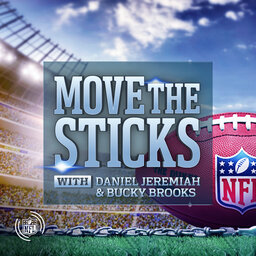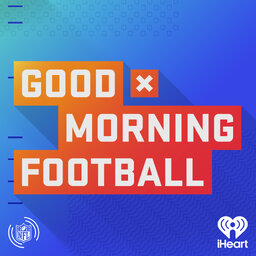First Look Scouting Texas QB Quinn Ewers
Daniel Jeremiah and Bucky Brooks are back with a new episode of Move the Sticks. To start off the show, the guys react to the tragic news of Vikings cornerback Khyree Jackson passing (:15). Next, the pair discuss DJ's first look study on Texas QB Quinn Ewers (3:23). After that, the duo discuss their takeaways from Fox Sports analyst Joel Klatt's sit down with Texas head coach Steve Sarkisian (14:10). For the rest of the show, DJ looks at what he learned from reading the book "Hidden Potential: The Science of Achieving Greater Things" (21:50).
Move the Sticks is a part of the NFL Podcasts Network.
NOTE: timecodes approximate
In 2 playlist(s)
NFL: Move the Sticks with Daniel Jeremiah & Bucky Brooks
Former NFL scouts Daniel Jeremiah and Bucky Brooks break down the latest news and action around the …Social links
Follow podcast
Recent clips
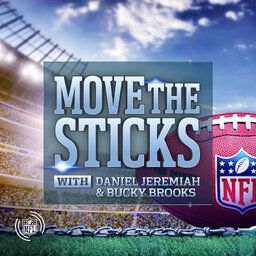
The Teams That Have the Keys to the 2026 Draft
24:05
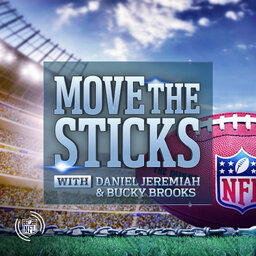
Super Bowl LX Takeaways: Seahawks’ Championship Formula Explained
34:31
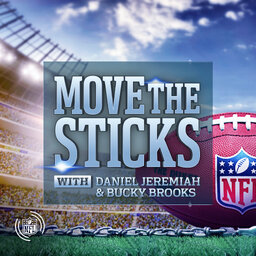
Super Bowl LX Preview
20:13
 NFL: Move the Sticks with Daniel Jeremiah & Bucky Brooks
NFL: Move the Sticks with Daniel Jeremiah & Bucky Brooks